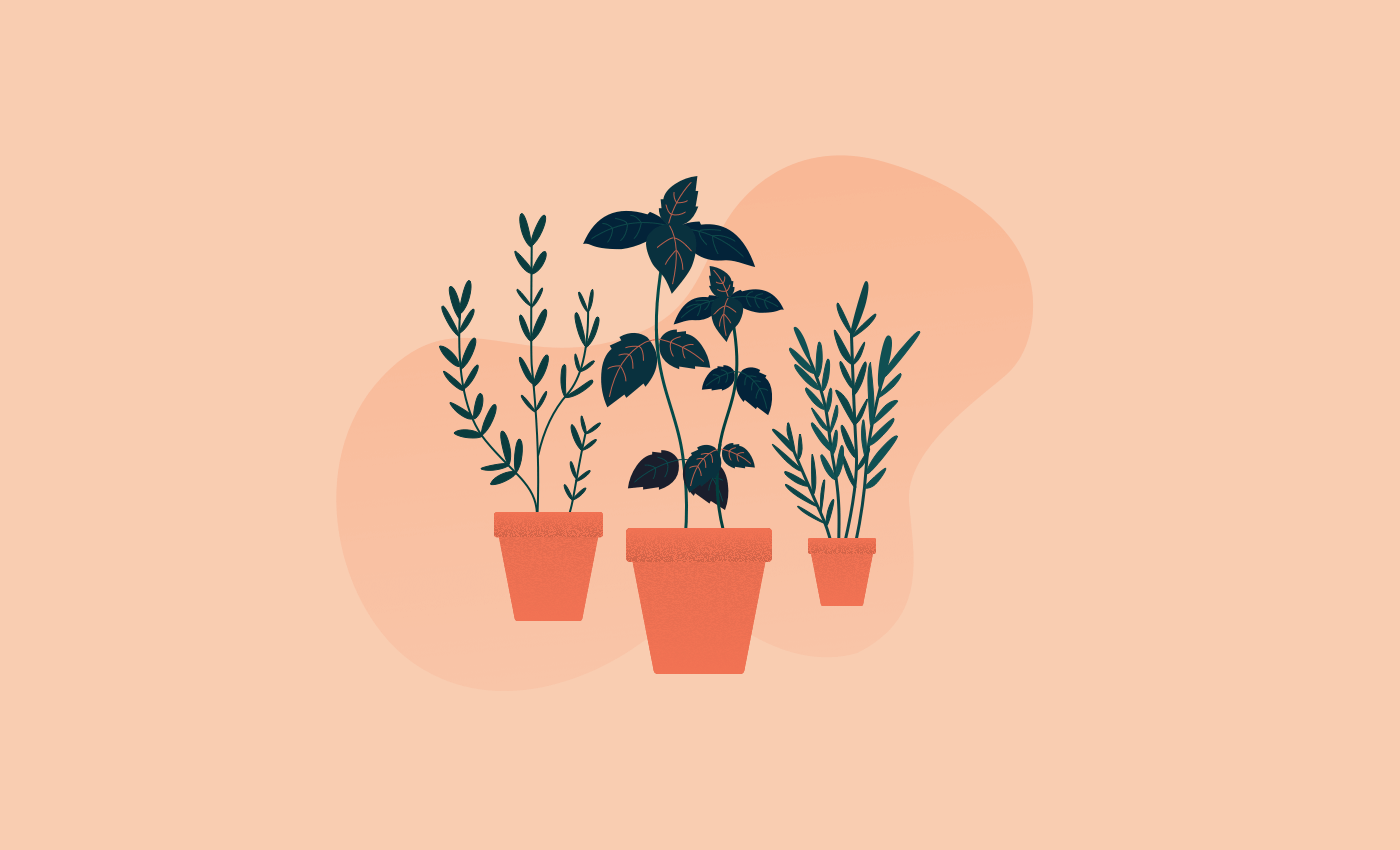The benefits of home gardening for your mental health and well-being
Wellbeing
The environment that surrounds us—what we see, smell and hear—has a big influence on our emotional and physical wellbeing. It can influence our mood as well as our immune and nervous system.
Just thinking about a loud and busy shopping mall will probably provoke very different emotions compared to the image of a cozy wooden hut next to a peaceful and beautiful lake.
In fact, when we’re in an environment where we experience nature, we receive and feel a lot of positive emotions, while at the same time stress, anger or anxiety are reduced. And not surprisingly so, as nature is the most important provider of emotional well-being and happiness. It is therefore important that we expose ourselves to nature as much and often as possible; long walks in the forest, boat rides on the lake and hikes across mountains and hills should be on top of your list.
Unfortunately, most of us don’t live in close proximity to such natural areas, but rather in urban cities which are not (yet) designed to provide everyone with quick and easy access to restorative natural environments. So what can you do if you’re living in a big city and easy access to nature is missing?
Fortunately, an interesting new study from Princeton University found that home gardening provides happiness and emotional well-being just as much as going for a walk, riding a bike or eating out. They found that people who spent 90 minutes a week engaging in home gardening reported high levels of happiness and well-being.
What is home gardening?
By definition, gardening is “the activity of tending and cultivating a garden, especially as a pastime”, whilst a garden “is a planned space, usually outdoors, set aside for the display, cultivation, or enjoyment of plants and other forms of nature, as an ideal setting for social or solitary human life.”
Gardening if you’re living in the city
There are many ways you can do home gardening if you’re living in a city. The most obvious one is the traditional garden where you can simply start growing your own vegetables or planting some flowers. But there are many other ways to engage with plants in your home.
If you don’t have an actual garden, simply plant some plants in a pot and keep them on your balcony, windowsill or in various rooms across your house or office. You can also treat yourself to fresh flowers and engage in arranging them into a beautiful bouquet or distribute them in multiple vases throughout your space.
If your space is small, you can also opt for air plants or hanging plants, or tender a miniature garden or an aquarium. All plants need care and love no matter their size or kind.
Lastly, you can explore your neighborhood for community gardens or start an office garden at your workplace where your colleagues can experience the benefits of home gardening too.
Engage with nature
Keep in mind that the benefits of home gardening arise when you’re exposed to nature and you engage with it. Hence, a single plant in a pot can already make a big difference. By taking care of a plant you’re taking care of a living organism, and this will give you a sense of responsibility and reward you in return with a feeling of fulfillment, happiness and well-being.
If you’re interested in reading about ways to bring nature into your home besides caring for plants, then check out our blog post “How to bring nature into your home”.



